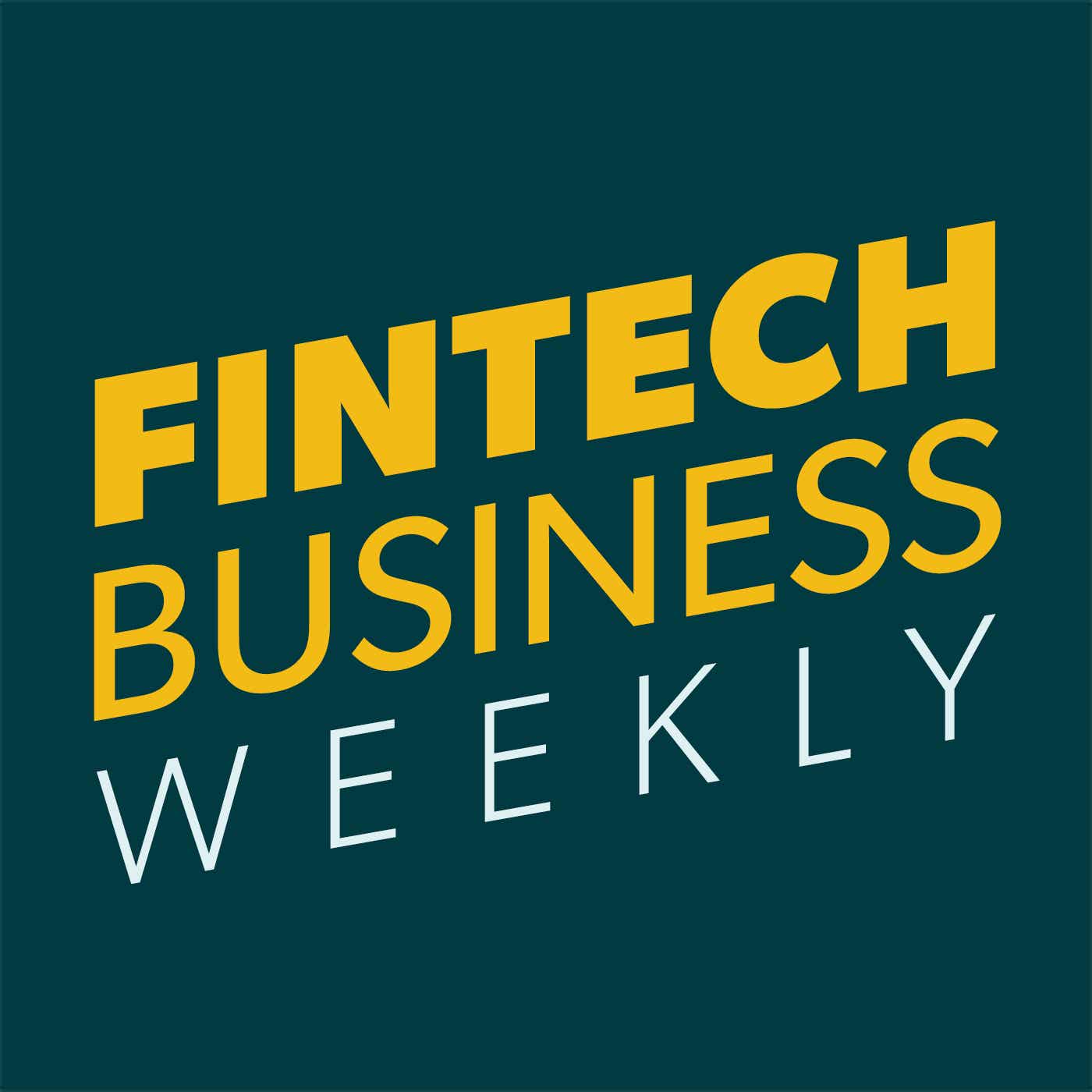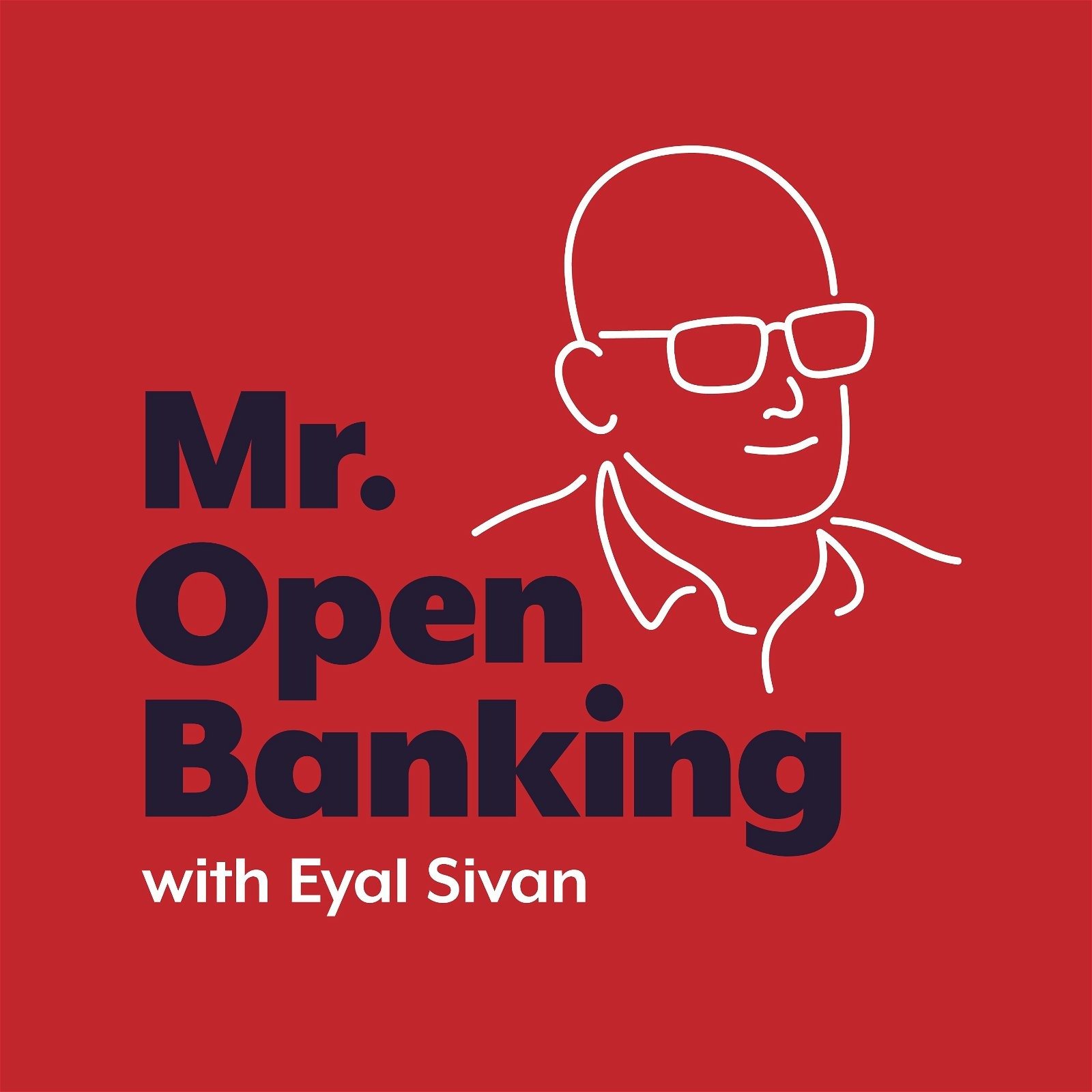
Banking on Information
Where we dive deep into the dynamic world of Financial Services and Technology. Discover the innovative solutions driving the industry forward, exploring the latest trends, and uncovering the strategies that are reshaping the future of finance.
Join us as we unravel the WHY, WHAT and HOW of solution providers in the Financial Services industry. Stay tuned for insights that will revolutionize the way you think about money and technology.
Each guest will engage with our host Rutger van Faassen in Futures Thinking and provide their view of a possible future and how we can get ready for that future today.
RSSVERIFY
Banking on Information
Breaking Banker Think: Kevin Porter, CEO and Founder of DxO Advisors on Transforming Credit Unions for the Future
In this episode we speak with Kevin Porter, CEO and Founder at DxO Advisors about his WHY, WHAT and HOW when it comes to helping credit unions with their omni-channel transformation and adoption.
Kevin Porter discusses his passion for credit unions and their transformation from digital to omni-focused organizations. He shares insights on overcoming "banker think," enhancing member-centric experiences, and preparing credit unions to dominate the financial services landscape by 2034 through empathetic design and strategic innovation.
Key Words:
- Kevin Porter
- DxO Advisors
- Credit Unions
- Digital Transformation
- Omni Strategy
- Banker Think
- Member-Centric Design
- Empathy in Financial Services
- Strategic Planning
- Future of Banking
Hello and welcome to Banking on Information. In this episode, my guest is Kevin Porter. He is CEO and founder of DxO Advisors. Welcome to the podcast, Kevin. Thanks for having me. I appreciate the opportunity. Yeah, great to have you here. As you know, the first question is a question based on Simon Sinek's book, Start With Why. So the question for you, Kevin, why do you do what you do? That's always the most important question. You know, after working my entire career in the financial services industry across various businesses and organizations, I started DxO Advisors for two reasons. Um, the first reason I know I believe that credit unions, which is my main focus, are really facing a systemic risk due to changes in customer preferences.
You know I've been a credit union member since I was a kid; even though I spent most of my career outside of credit unions, I've always been a credit union advocate and I really want to leverage my experience, my expertise, my passion towards helping credit unions you know uniquely position themselves to dominate their financial services competitors. Um, the second reason um, you know bankers think about banking far more than the typical consumer uh, you know so I call this banker think. And the bulk of your employees think like bankers not consumers, uh where I have had success, uh throughout my career is is thinking differently, right, challenging the status quo, delivering outcomes that outperform, uh due to the their ability to resonate with consumers.
So, I want to help credit unions break away from that banker think and think more like consumers, that's great. So, your why is that you're passionate about credit unions and what they stand for, and you really want to help them with that consumer focus, that consumer frame of mind, and that's that's a great way to do it because I think they do need help help in That I call it banker's bias, but bankers think same thing, right? Kind of like bankers, people in financial service industry think that people care too much about financial products and they don't. It's kind of like you need a mortgage, but no one's going to spend their Saturday mortgage shopping for fun. It's a necessary evil, you could say. And therefore it is important that you have that perspective.
So that's great. What do you do and what kind of use cases do you help credit unions with? Yeah, so I established DxO Advisors to help organizations transform from what I call digital to omni. So let me explain. So digital transformation, it's really become a non-negotiable imperative for every financial institution, regardless of who you are. The consumers, your members, they experience beautifully designed, simple, easy experiences every day. So for credit unions, what does this mean? It means that decisions you make on a day-to-day basis either advance you towards delivering those experiences or put you further behind the curve. But the digital transformation and the modernization of solutions, that's just the how. And so the what in my mind is Omni. So all that being said, we partner with credit unions on their transformation journey from digital to Omni.
We help them build their future state strategy, complete the strategic planning with a deliberate sequenced roadmap to help them achieve that transformation. We assist with selection of strategic solutions that align with their future state. And most importantly, deliver the necessary adoption to actually realize the projected benefits of the work effort. There's so many organizations that finished their project, celebrate, and that's it. And the real value, despite what business schools teach you, the real value is in the adoption. Because all you do during delivery is spend money. And so, how do we make sure we're getting the necessary post-project adoption to realize the projected benefits you hope to achieve? Yeah, no, that that is that's very important. And yes, Omni is is very important: meeting the customer where they're at. Right.
Not just sort of saying, 'Hey, I have a beautiful website.' That's why I need to go there. Or, hey, I have a great call center. That's why I need to go there. Go where you want to go. What is most convenient for the member? I think that is very important. Now, how do your customers get value from the services that you provide, yeah? So for context, I'm a banker, right like I'm not a career consultant by trade um so I've all of my work I've done has been in financial institutions so so when I think of customers I'm going to kind of preface that by saying some of these are actually employees I've worked for but um you know with that in mind you know, I led enterprise-wide transformation while at TD Bank, the end result was a substantial amount of cost savings from increased service efficiencies, reduction in their technology footprint.
It also delivered propelling revenues from the improved sales and onboarding experiences that we delivered and increased, at the time, their already strong customer experience results. I've helped banks and credit unions reduce dependency on their core, enabled them to scale their solutions, delivered a greater return on that investment and reduction in their total cost of ownership. Choosing the right solution is so critical to your transformation because if you don't choose the right ones, they can become sizable roadblocks in your efforts. So I've also done member-centric experience design, led consumer and empathy research, led product redesign and rebranding efforts. One of the institutions I worked with saw a 52% year-over-year increase in their deposit product sales and deeper relationships due to the adoption of those additional services.
So really, there's a lot of different ways I've been able to help. Deliver value for organizations, um, which I think is again kind of something that uniquely positions me to help credit unions where they need the help, yeah, no, that's great. So reduction in costs, increasing revenue, better customer experience, and getting adoption of the new technology those are all great things, and I think everyone is looking for that now. I'd like to do this thing called future thinking-we both don't know what the future is going to hold for us, but we can think about it. We can sort of do an educated guess. So if you think 10 years out, so you think we're now in the year 2034, what do you think the banking landscape looks like and what will be the role of credit unions in that?
Can you paint a picture for me what a possible future could look like? Yeah, so I really believe based on kind of changing trends in the economy and in culture. I believe that credit unions have a very unique opportunity to dominate the competition in the markets and communities that they serve. So it's a bit of an aggressive future mindset that I have. But, you know, they're operating models already designed to be member-centric. Right. The only thing holding them back is is that bankers think. And their need to really design for the members and adopt an omni-mindset. You know, how do we become that one organization that our members see us as? So over the next 10 years, I mean, I expect credit unions to figure this out.
You know, I hope that my company can play even a very small part in that. But, you know, I do expect credit unions to gain a larger market share in their communities. That they serve due to their ability to identify and embed a more, I guess, empathetic approach into their products, services, and experiences. Right. So let's assume that that is the reality 10 years from now. Actually, credit unions are quite dominant. They are actually competing against other players in the market. What do credit unions need to do today to be ready for that future that you've just painted? Yeah, I think that credit unions need to, again, kind of go back to their core model. You know, every credit union is very passionate about their communities and the members they serve.
But they still operate in the mindset of a banker, right? Like they still, a lot of the digital experiences I see are still very product-centric or service-centric. Get back to what's the member's purpose. So a member does not want to, does not go to you to get a mortgage. They want to buy a home, right? They don't want to open up a checking account. They want to join the credit union. And the sooner we start to design the experiences towards that, I think that will help them on their journey to become that more empathetic, more relevant, uh, offering in their marketplace, yeah, well, that's great. So, uh, credit unions out there, call, call Kevin and help him or help let him help you get ready for that future and be dominant in the market and be ready for it, be good for your members, make sure that you give them a true member experience. I think that's a great way to to wrap this up. Thank you very much, Kevin, for being on the podcast. Thank you for having me. And I appreciate the opportunity. It's always great to have a conversation with you, Rutger. Yeah, no, this was great. Thank you so much. And until next time, choose to be curious.







